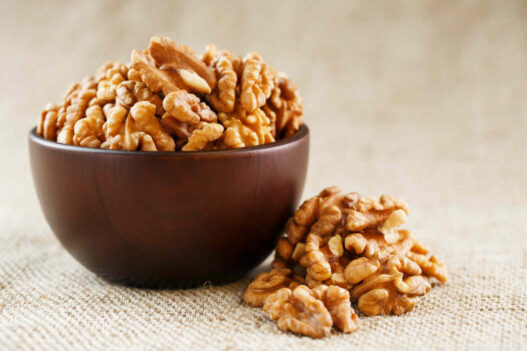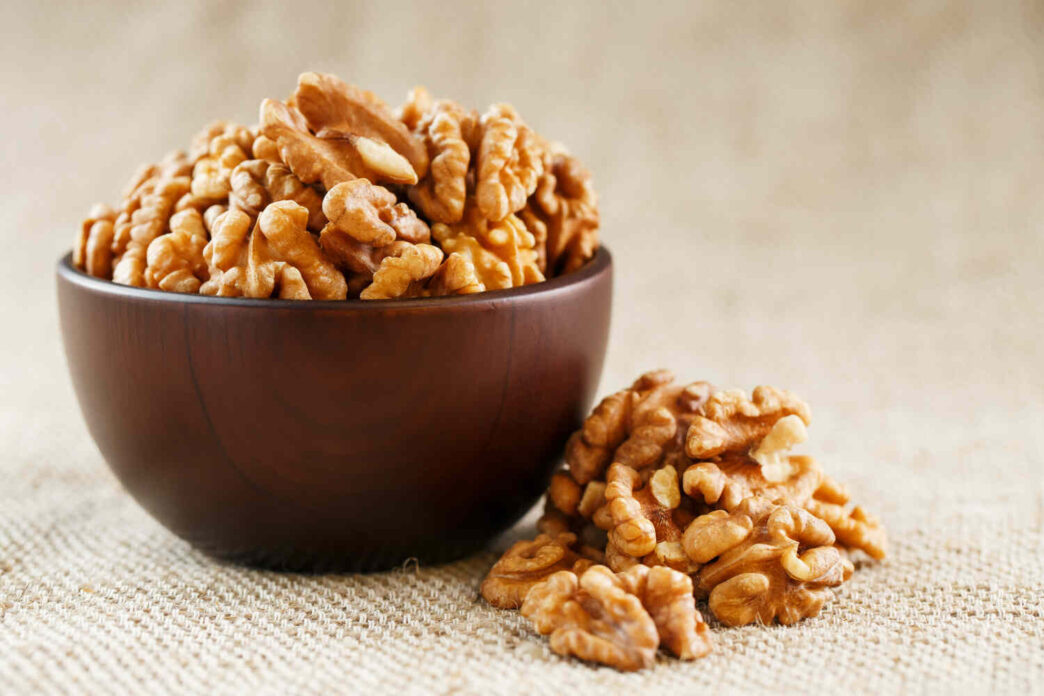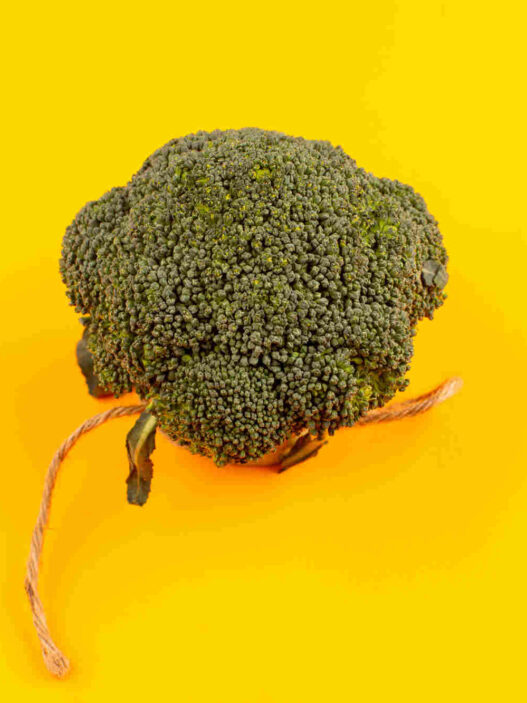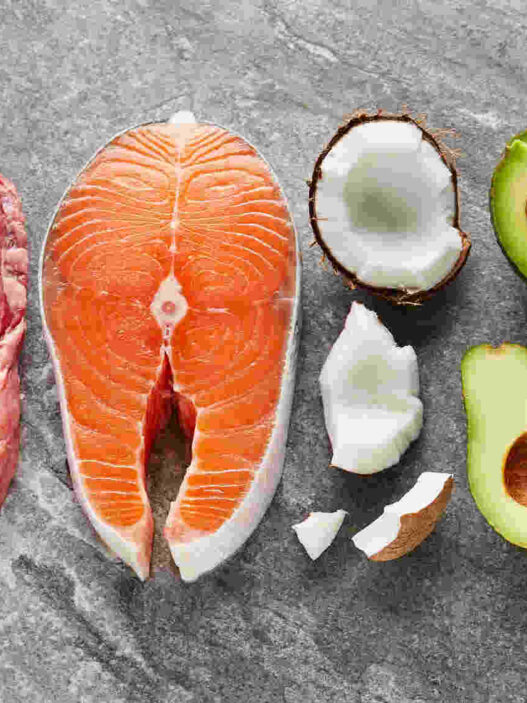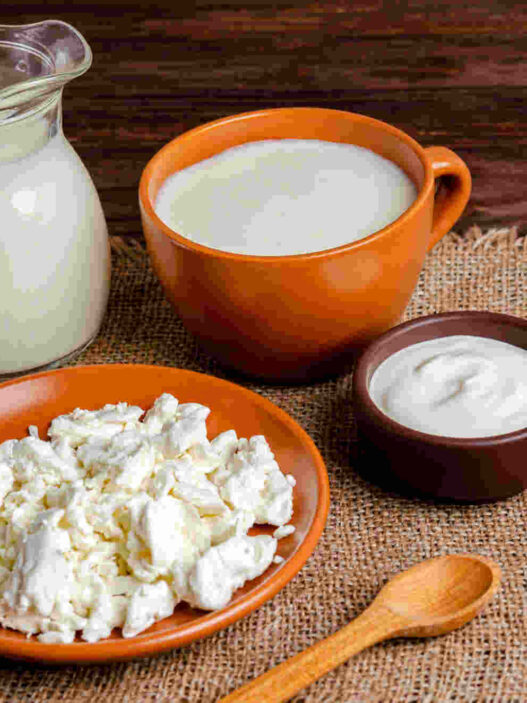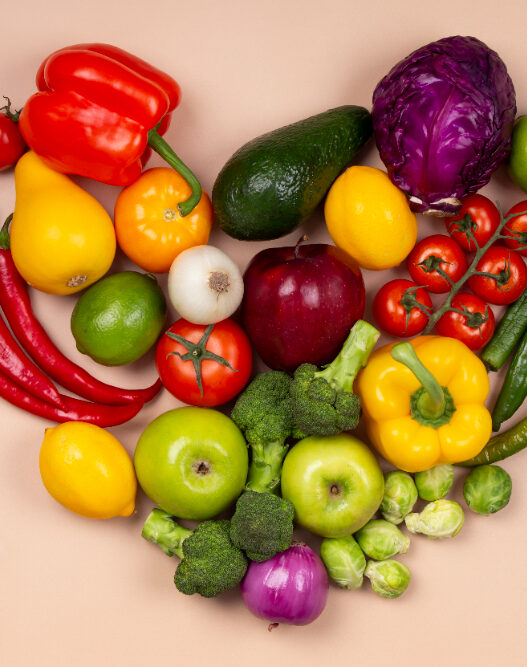Walnuts deliver important nutrients & offer science-backed health benefits. They are the best source of essential nutrients & healthy fats.
They have also been linked to beneficial effects on heart & gut health, blood pressure & even male fertility. By eating Walnuts, you can keep your brain functioning well as you age & are also able to suppress cancer growth.
Nutrients in Walnuts
You know one cup of unbranded, organic walnuts (30 grams) contains..
- Protein – 5 gram
- Fibre – 2 gram
- Sugar – 1 gram
- Carbohydrates – 3.89 grams
- Energy – 200 calories
- Iron – 0.72mg
- Calcium – 20 mg
- Fat – 20 gram
Walnuts are also a good source of..
- Iron
- Vitamin B6
- Phosphorus
- Magnesium
- Copper
- Manganese
That small serving size packs a big nutritional benefit.
Here are the vitamins and minerals you’ll get in an ounce of walnuts..
Up to 3% of your daily recommended amount of calcium
Up to 10% of your daily iron
Up to 5% of your daily potassium
Up to 14% of your daily magnesium
7% of your daily folate
This is what you will get from Walnuts.
In California’s Central Valley, more than 99% of walnuts are grown. Internationally, California walnuts supply two-thirds of the world’s walnut trade. These are not genetically Modified.
Health Benefits of Eating Walnuts
Eating plant-based foods has long been associated with a shortened risk of many lifestyle-related health conditions.
The possible health benefits of walnuts may involve boosting the cardiovascular system & bone health, reducing the risk of gallbladder disease & treating epilepsy.
Heart Health
The monounsaturated & polyunsaturated fatty acids found in walnuts decrease LDL (harmful) cholesterol & triglyceride levels. This, in turn, reduces the risk of cardiovascular disease, stroke & heart attack.
Lowers Blood Pressure
Eating walnuts may contribute to lowering blood pressure, both in individuals with high blood pressure & in those under stress who have high blood pressure.
Supports Good Brain Function
One of the fantastic things is that the shell of a walnut looks like a mini-brain, but research suggests that walnuts may be good for your mind.
Walnuts contain nutrients that help protect your brain from damaging inflammation & support good brain function as you age.
Improves Blood Fats
You may reduce your heart disease risk by consuming 1.5 ounces (43 grams) of walnuts daily.
Supports Weight Control
Though they are calorie dense, you may not absorb all of the calories in walnuts. In addition, they may even help you control your appetite & hunger.
Reduces the Risk of Some Cancers
The polyphenols in nuts reduce the risk of certain cancers, including colorectal, breast, and prostate.
Walnuts have so many incredible benefits because they are..
- Rich in Antioxidants.
- A good, plant-based source of Omega-3 fats. Walnuts take the lead in omega-3 fatty acids, especially alpha-linolenic acid. They’re the walnut with the highest ALA content. Check out the health benefits of ALA and omega-3 fatty acids.
- Walnuts may decrease inflammation. Want to know more about foods that fight inflammation? Please read my blog post all about it.
- Promote a healthy gut.
- Help with Diabetes and lowering blood pressure.
- Support brain health & function
- Support male reproductive health.
To get some of these benefits from walnuts, you need to start incorporating them into your diet.
How many Walnuts should you eat?
Eat 7-10 walnuts a day.
Walnuts in the Diet
Nuts have a high-fat content & so they are prone to becoming rancid. Rancid nuts are not unsafe but have a sharp flavor that people may find unpleasant.
Keeping Walnuts in their shells in a dark, cool & dry place can improve their shelf life.
When you keep walnuts in a refrigerator below 40 degrees Fahrenheit or a freezer below 0 degrees Fahrenheit, they can be stored for over a year.
You can freeze them at 0 degrees Fahrenheit or less for 48 hours if you want to store them at room temperature.
The following are some easy & delicious ways to eat more walnuts..
- Make a pesto sauce using walnuts & use it with pasta or flatbread
- Top yogurt with chopped walnuts & fruit
- Top salads with chopped walnuts
- Make homemade granola with a mixture of nuts, seeds & dried fruit, using walnuts.
The Dietary Approaches to Stop Hypertension diet–known as the DASH diet–is an eating program developed through research sponsored by the U.S. National Institute of Health (NIH) aimed at reducing blood pressure and cholesterol.
It includes eating fruits and vegetables, low-fat or non-fat dairy, nuts (including walnuts), and whole grains. It contains high fiber and low to moderate fat and is rich in potassium, calcium, and magnesium.
Recent DASH studies have shown the benefits of lowering sodium intake on blood pressure. Not only have studies shown that eating walnuts are associated with improved blood pressure and cholesterol levels, but walnuts also are naturally sodium-free and thus are perfect food for those following the DASH diet guidelines.
You can sprinkle them on a salad, eat them with your favorite fruits, blend them into a smoothie, or eat them plain.
As nutritious as walnuts are, you don’t need lots of them to reap the benefits.
Too much consumption has been associated with gastrointestinal discomfort, allergic reactions, and high-calorie intake, causing weight gain.
You can gain weight, soften your stools & experience bloating when you eat the nut.
When It’s Best
Walnuts generally don’t have a season, although walnut tree harvesting usually occurs between September and early November.
But since walnuts travel well & have a long shelf life, you can find them year-round in most markets.
When you choose walnuts, make sure you select an unsalted version. Too much sodium can increase blood pressure & cause bloating. Walnuts should smell mildly nutty & taste sweet.
Warning: If they smell like paint thinner, they have gone rancid & should be discarded.
Storage and Food Safety of Walnuts
For maximum shelf life, store walnuts in an airtight container in the freezer, depending on when you plan on using them.
Keeping walnuts cold can prevent them from going rancid. Walnuts that you store in the freezer should be kept away from foods with strong odors, such as onions, fish, or garlic, as walnuts can absorb the flavors of other foods.
If you plan on grinding your walnuts to use as a walnut meal, wait until you are ready to use them in your recipe to maintain the best flavor.
Varieties of Walnuts
The most common walnuts are English Walnuts, Persian walnuts & black walnuts, which may be available in some areas.
English walnuts are grown in the United States, Iran, China & turkey. California walnut growers produce 99% of the English walnuts consumed in the U.S & according to some reports, there are over 37 varieties of English walnuts available from growers in that area.
However, each has the same distinctive brown oval shell & light brown kernel. Lastly, you will find both roasted & raw walnuts at your local grocer.
Side effects & Allergies of Walnuts
As is the case with most nuts, walnuts are known allergens. Therefore, people susceptible to allergies or who have nut allergies should get advice from the doctor before adding these nuts to their daily diet.
These allergies can range from mild to severe, with rashes, eczema, itchiness & even breathing difficulties as symptoms.
The Final Words
Eat them sparingly and make them a habit.

Rajesh Chotalia, a Registered Pharmacist, is the Founder of Simple Healthy Living. After spending 43 years in traditional health care, Rajesh saw every conceivable problem and the limitations of medicines for chronic conditions. Through his own personal journey, as well as his work with others, he has established a program that ends suffering from sickness and restores your body to wellness through healing.
